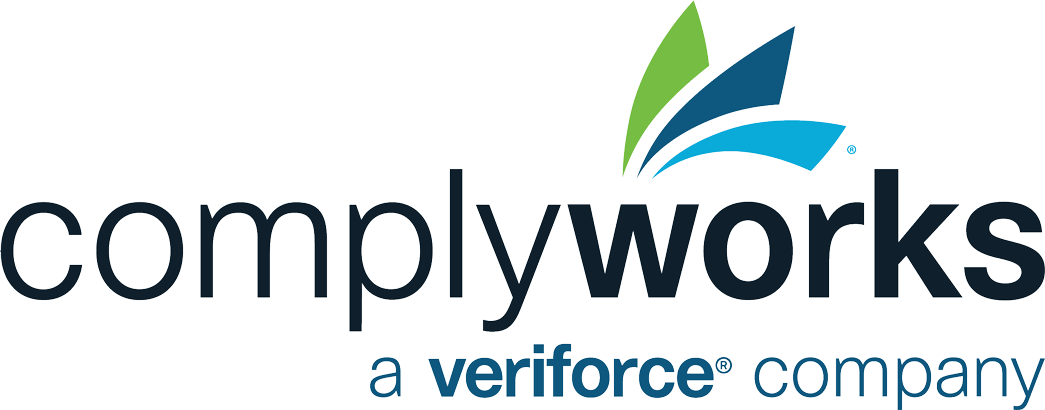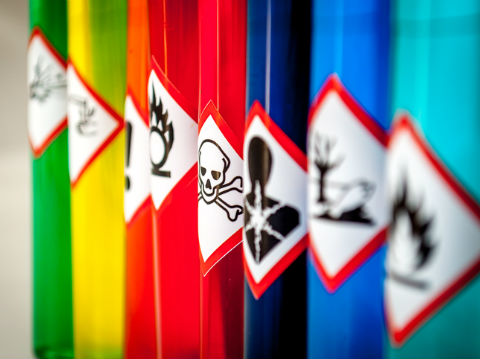It’s officially been a year since recreational cannabis (marijuana) was legalized in Canada but hang on because the legalization of edibles just followed suit exactly one year later – on October 17, 2019. However, these new bite-size morsels won’t hit the shelves until later in December or early 2020, as Health Canada requires 60-days notice from all companies with their intent to sell these products.
If you’re feeling in the dark regarding last year’s news, please read Feeling Hazy About Cannabis to bring you up to speed.
What is edible cannabis?
Edibles are food products infused with marijuana (cannabis). Here’s a list of the alternative methods of cannabis products soon-to-be available at a cannabis retailer near you:

Cupcakes

Beverages

Extracts
What are the potential risks of edibles in the workplace?
Eating chocolate chip cookies that give you a buzz, over your lunch break, may sound like fun for some people, but there are potential health risks that could easily cause issues at work, such as:
- An increase in accidents or safety violations
- Inappropriate behaviour
- Increased medical and insurance costs
- Attendance or productivity issues
How should employers manage the potential risk of impairment on the job?
The most pressing concern for employers regarding cannabis is health and safety. And, there is additional worry about the use of edible cannabis in the workplace simply because it is not easily detectable through smell - unlike smoking cannabis (the plant) which carries a distinct smell. Does this mean employers need to become more observant of their employees? Do they need to put on their detective hats when they see someone eat a gummy bear or unwrap a baked goodie just in case they are laced with cannabis?
In most cases, the answer is no. With the legalization of cannabis in 2018, most employers acted and updated their policies to ensure their employees remained compliant.
The best approach for employers to take is to reinforce their cannabis and/or substance abuse policy with their employees. Promote prevention through further education and awareness while continuing to maintain a work culture that prioritizes health and safety.

Policies
If you don’t currently have a policy in place regarding impairment in the workplace, it’s a good time to implement one. Employers need to collaborate with HR, employees, and their health and safety committee to develop a policy regarding impairment and substance abuse that ensures an acceptable level of safety is provided and maintained in the workplace.
A clear list of disciplinary consequences also needs to be addressed and outlined for when the policy is not adhered to (e.g. the employee will be sent home, pay, etc.), as well as the help/support that will be provided to an employee if necessary.
“Employers should not ignore the negative consequences cannabis may bring to their workplaces. The fact that employers don’t see anything yet doesn’t mean risk is not mounting. This is especially true given that 514,000 employees in Canada, about 13 per cent of the workforce, used cannabis before or during work in the first few months of 2019.”
Bill Howatt and Matthew Stewart, Special to the Globe and Mail
Educate your employees on the legalization of edibles and what this means during work hours
Educate your employees through different means such as online training (e-learning), fact sheets, posters, handouts, and/or face-to-face training sessions to ensure your entire workforce understands the subject matter and key messages are reinforced. It's also a good idea to ensure training materials are informative, easy to understand, and easily accessible. If you don't have the expertise to effectively train your staff on this topic, consider bringing in a cannabis expert to speak to employees, as it’s an effective and engaging way to teach everyone about edibles and the safety issues it can present if consumed.
Training is a key component to help educate your employees on any topic. In this case, organizations need to address the physical and/or psychological hazards of consuming cannabis in their workplace. Training can help answer the following questions:
- What are the health and safety implications of cannabis use in the workplace?
- What actions will be taken if someone is suspected of being impaired at the office or on-site?
If you don’t have one already, invest in a compliance management system to help efficiently manage and train your remote workers or third-party contractors in other locations. It’s a smart solution that offers an easy and affordable way to deliver training courses and to manage and track who has or hasn’t completed assigned training, which allows employers to choose the right people for the job to help reduce risk on-site. If you aren’t ready to start using a full compliance management solution, ComplyWorks also offers the ability to do online orientations and bulletins separately through our Communications Solution.
Through ongoing and relevant employee training programs everyone should be well equipped to avoid cannabis usage on-the-job, recognize potential hazards, and/or be prepared to prevent any risk in the workplace. It’s in everyone’s best interest to play a role in the health and safety of your workforce. Knowledge is power – ongoing education and training is a critical component for any successful organization in any industry.






